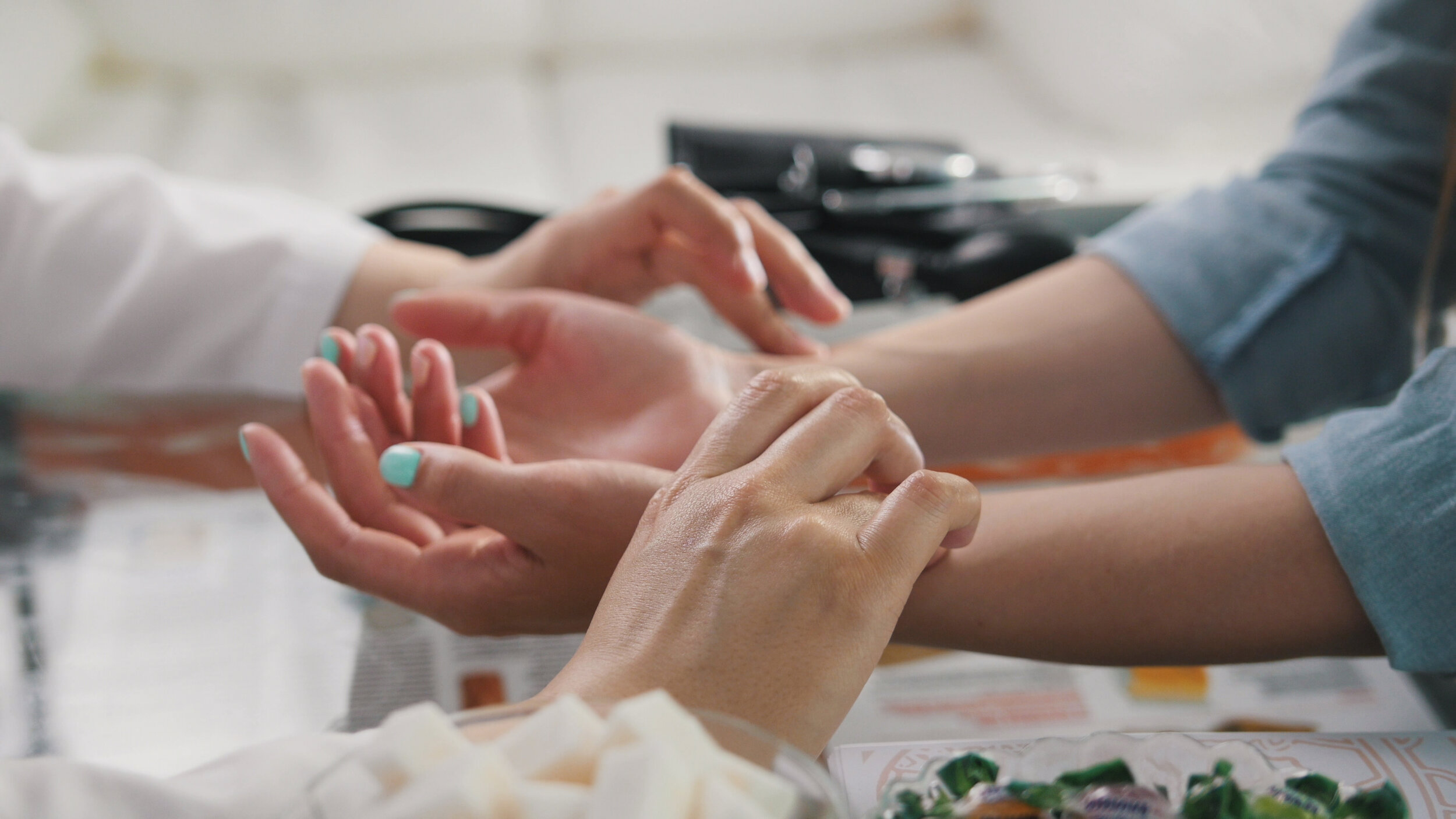acupuncture

acupuncture encourages the body to promote natural healing and improve body functions
Acupuncture is recognized by the National Institute of Health (NIH) and the World Health Organization (WHO) to be effective in the treatment of a wide variety of medical problems.
Acupuncture subscribes to the ancient view that the basis of good health is the harmonious balance of qi — the vital life force that empowers the body. Acupuncture entails the insertion of fine, sterile needles at certain points on the body's meridians that are chosen by the practitioner according to the imbalance of the body. The tip of the needle meets the energy in the meridian in order to create balance, and to promote the free flow of qi.
Today, acupuncture is considered an excellent alternative or complementary treatment for anyone. Unlike conventional medicine, acupuncture is not directed toward a specific illness or symptom; rather, it targets the whole body to activate its healing system in order to restore the balance.
Often times, when there is discomfort, pain, or disease, there is stagnation of qi in that area of the body. Acupuncture prompts the stagnant qi to move freely, thereby alleviating chronic or acute pain. It can also address many other health concerns such as anxiety, stress, fertility issues, mental and emotional disorders, asthma, allergies, and digestive issues, just to name a few.
Acupuncture focuses on existing illnesses, their causes, and is also an excellent preventive modality.
what can acupuncture do for you?
did you know?
Approximately 10 to 30 acupuncture needles can easily fit inside the opening of a medical syringe. Some acupuncture needles that we use are as thin as your hair!






